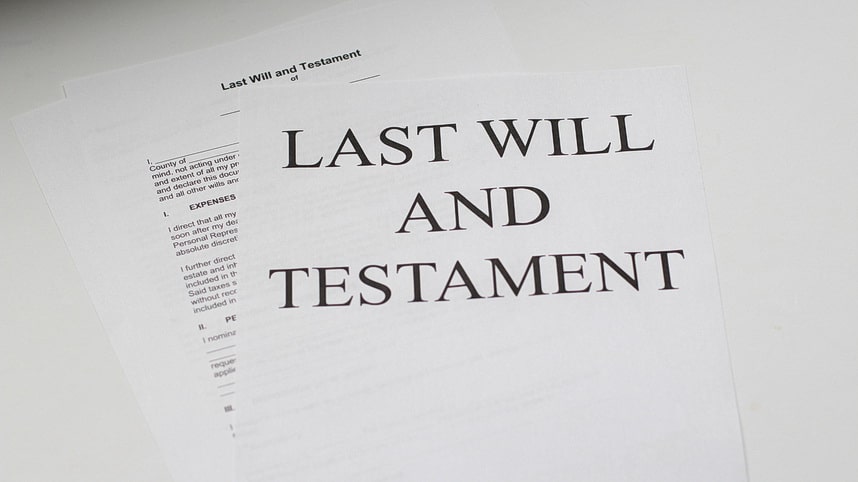Introduction
Purchasers in real estate transactions typically use loans known as mortgages to buy their home, agreeing to pay this loan back over time by making regular payments to their lender. The property itself that they are purchasing acts as collateral to secure this loan. If the purchaser fails to make the payments, the lender will take ownership of the property.
Under the present legal system, if a mortgage exists, the purchaser remains the real owner of the property, and a mortgage is simply viewed as a security for a debt owed to the lender.
Common Mortgage Terms
People contemplating the purchase of a property will often hear various terms associated with a mortgage that define the structure of the loan. The term of the mortgage describes the amount of time that the lender and the purchaser have agreed to specific terms. For example, a very common situation in residential real estate transactions is a 5-year fixed term. What this means is that the lender and purchaser agree to a specific interest rate with certain payments that remains fixed for 5 years after which the term must then be renegotiated between the parties. Many people prefer this type of situation for the peace of mind that comes with knowing that their payments will remain the same. On the other hand, a variable rate mortgage refers to the situation where the purchaser’s interest rate is subject to fluctuations to the underlying interest rate set by the Bank of Canada. While this type of mortgage is more uncertain in terms of a payment schedule, the rate is typically lower than a fixed rate and may provide some savings if the interest rates remain at a lower level. Amortization refers to the overall length of time that it will take for a purchaser to pay off the entirety of their loan. Often individuals will hear of a 25-year amortization period, and the mortgage payment amounts are structured so that the mortgage will be entirely repaid after 25 years. It is equally important to understand that the longer the amortization period the purchaser chooses to pay off the mortgage, the higher overall cost of interest they will pay. For this reason, certain individuals may choose to select an open mortgage. What an open mortgage does is it allows the entirety of the balance of the mortgage loan to be paid at any time during the term without having to pay a penalty or prepayment charge. This ensures that the overall interest is kept to a minimum if the individual is able to pay the full sum of their mortgage. However, interest rates are higher for open mortgages, and so for this reason and the fact that most purchasers require a longer period of time to repay their loan, open mortgages are typically used by individuals who intend to sell their property in the near future, such as a business owner running a home-building or renovation business. The typical residential homeowner will generally opt for a closed mortgage which carries a more fixed payment schedule that will be paid off over a longer period of time, but which carries a lower interest rate.
Foreclosures
When a purchaser defaults on their loan and is unable to make payments, the lender will typically begin the process to take ownership over the mortgaged property. This legal process is known as foreclosure. Generally, this will occur after the lender has notified the purchaser of the default and will typically coordinate with the purchaser to ensure the payments are made on time going forward. However, once the borrower defaults on the mortgage, the lender has the ability to initiate foreclosure proceedings. What constitutes an act of default will be defined in the borrower-lender agreement. There are a number of laws that apply to foreclosure law in Alberta, including a number of statutes and at common law. Typically, a borrower has a few different courses of action in these situations. They may either try to: negotiate and collaborate with the lender about how to proceed and make payments and avoid litigation, they may sell the property to pay off the amount they owe, or the borrower may opt to go to court. During this time, the borrower may stay in the property until the court requires them to vacate it. If a borrower opts to sell their home, they may have an outstanding balance owed to them once the lenders have been paid back. Borrowers who have income prospects, who wish to continue living in their home and are expecting to be able to make payments in the near future on their mortgage may have the amount of time allowed to repay extended by the court. This is especially true for those who have already paid down considerable amount and who have equity in their home. Conversely, the court is less inclined to extend the amount of time to allow the borrower to pay if they have little or no equity in the property.
If you have any mortgage related inquiries, or are in the midst of a foreclosure and require legal assistance, please contact one of Forum Law’s lawyers as soon as possible.



